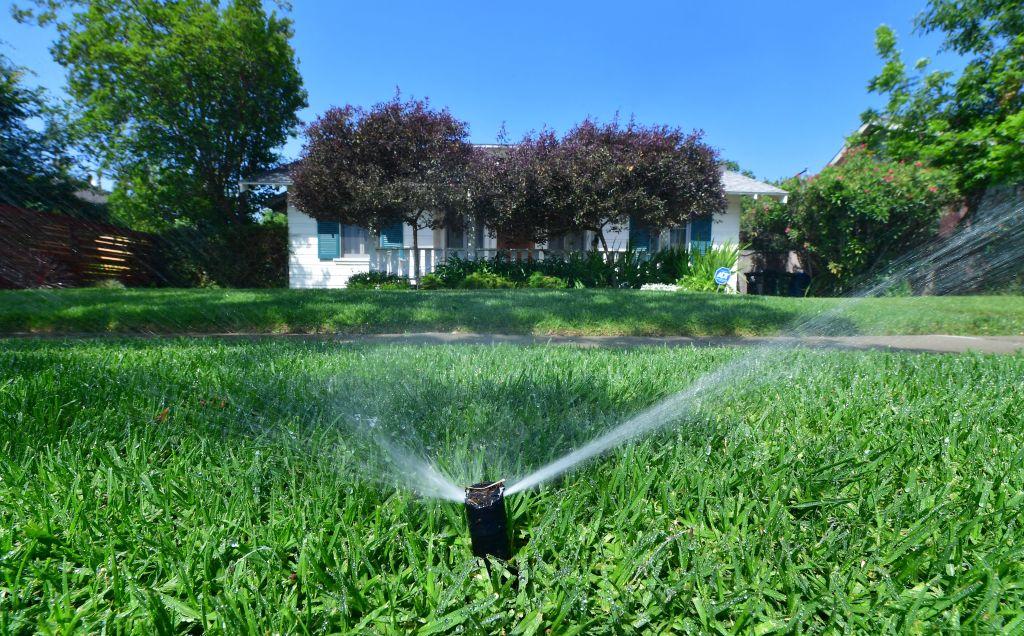DANA POINT, Calif.—Residents and landlords who rent out their homes through Airbnb and other short-term rental websites face new regulations under a program the Dana Point Planning Commission approved earlier this month.
A topic residents and officials describe as “heated” during a May 9 public hearing, the Commission voted 4–1, limiting private local vacation rentals.





